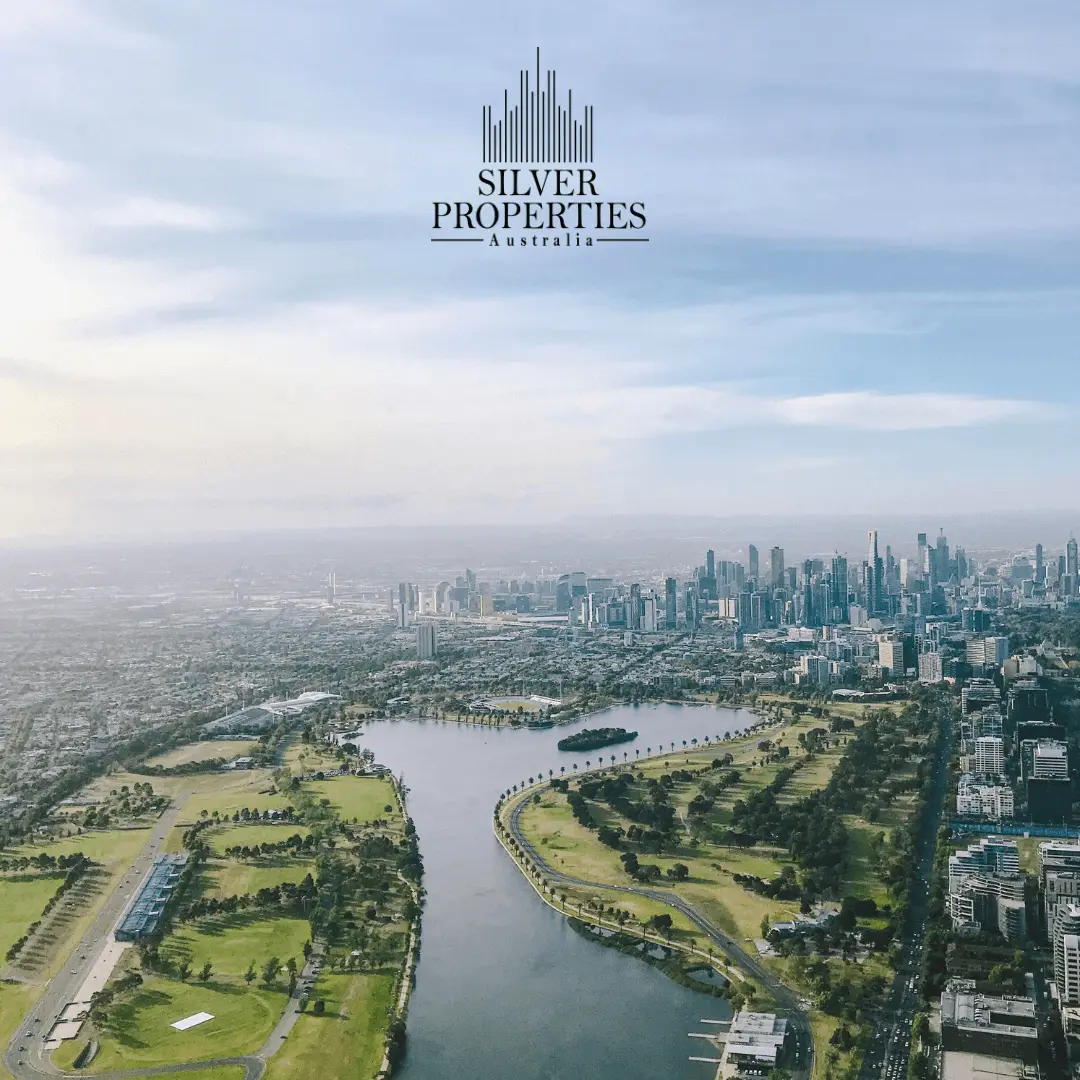Melbourne, a vibrant and rapidly growing city in Australia, has become a focal point for investors looking to maximize their returns on real estate. The market diversification offers a plethora of opportunities in both residential and commercial sectors, each with its unique set of benefits and challenges. This article delves into the intricacies of investing in Melbourne’s residential and commercial real estate, dissecting the pros and cons to illuminate the most viable options for investors. Whether you’re a seasoned investor or looking to make your first investment, understanding the nuances of Melbourne’s real estate landscape is crucial.
Assessing Melbourne’s Residential Real Estate
The residential real estate market in Melbourne has historically provided solid returns for investors. The city’s consistent population growth, fueled by both international and interstate migration, has kept demand for housing robust. This demographic trend suggests long-term capital growth for residential properties, making them an attractive option for those looking to invest in real estate for wealth accumulation. Furthermore, the appeal of Melbourne’s lifestyle, including its education, healthcare, and entertainment offerings, sustains the demand for residential properties.
However, the residential sector is not without its drawbacks. Market fluctuations can significantly impact the value of residential properties, making the investment somewhat more volatile compared to commercial real estate. Moreover, changes in government policies regarding stamp duties, taxation, and foreign investment can also influence returns. Additionally, residential investments typically yield lower rental returns than commercial properties, which may deter investors seeking immediate cash flow.
Another aspect to consider is the maintenance and management of residential properties, which can be more hands-on and time-consuming than commercial real estate. Owners often find themselves dealing with tenant issues, repairs, and regular maintenance, which can erode the investment’s profitability if not managed efficiently. Despite these challenges, the potential for capital growth and the relative ease of entry make residential real estate a compelling option for many investors.
Commercial Real Estate in Melbourne: A Look
Commercial real estate in Melbourne presents an entirely different set of opportunities and challenges. With a dynamic business environment, the city offers substantial prospects for commercial investments, including office spaces, retail outlets, and industrial properties. These investments can yield higher rental returns compared to residential real estate, driven by longer lease agreements with tenants. Such leases often include annual rent increases, providing a more stable and predictable income stream for investors.
Nonetheless, investing in commercial real estate comes with its own hurdles. The initial capital outlay for commercial properties is typically higher than that for residential properties, making it more difficult for new investors to enter the market. Further, commercial property values are highly sensitive to economic conditions; a downturn can lead to increased vacancy rates and reduced rents, directly impacting investor returns. Additionally, commercial leases require a deeper understanding of business needs and market trends to attract and retain tenants.
Commercial real estate also demands a higher level of expertise in terms of management and understanding of legal obligations. The complexity of commercial leases and the need for regular property updates to meet tenant requirements can be daunting. However, for those with the financial capacity and market knowledge, commercial real estate offers a lucrative investment avenue, particularly for those seeking long-term, stable cash flow.
Choosing between residential and commercial real estate investments in Melbourne requires a careful evaluation of one’s financial goals, risk tolerance, and investment horizon. Both sectors offer unique opportunities and challenges that can significantly impact an investor’s portfolio. While residential real estate offers easier entry and long-term capital growth, commercial properties provide higher rental yields and stability in income. By understanding the pros and cons of each sector, investors can make informed decisions that align with their investment strategy, ultimately contributing to their success in Melbourne’s diverse real estate market.
Key Takeaways
- Residential real estate in Melbourne offers long-term capital growth, bolstered by steady population growth and the city’s appeal.
- Commercial real estate provides higher rental yields and more stable income streams, though it requires higher capital and market knowledge.
- Both sectors face challenges; residential with market volatility and management demands, commercial with economic sensitivity and legal complexities.
- Choosing the appropriate investment depends on individual financial goals, risk tolerance, and investment capacity.
FAQs
What makes Melbourne’s real estate market attractive to investors?
Melbourne is characterized by its consistent population growth, dynamic business environment, and appealing lifestyle factors, making both residential and commercial real estate sectors attractive for different investment strategies.
Are residential properties in Melbourne a good investment for capital growth?
Yes, the demographic trends and lifestyle appeal in Melbourne suggest long-term capital growth for residential properties, though investors should be aware of market fluctuations.
Why do commercial properties in Melbourne offer higher rental yields?
Commercial properties often come with longer leases and annual rent increases baked into agreements, providing more stable and predictable income streams compared to residential rentals.
Is it hard to manage a commercial property in Melbourne?
Commercial property management can be more complex due to the intricacies of business tenancies, legal requirements, and the need for regular updates, demanding a higher level of expertise.
What risks are involved in investing in Melbourne’s residential real estate?
Risks include market volatility, policy changes affecting taxes and stamp duties, and the hands-on nature of property management.
How does economic downturn affect commercial real estate investments?
An economic downturn can lead to higher vacancy rates and lower rents in commercial properties, impacting investor returns.
What are the advantages of investing in residential property over commercial property?
Residential properties typically require a lower initial investment, making it easier for new investors, and offer potential for long-term capital growth.
Can foreign investors buy property in Melbourne?
Yes, but there are restrictions and additional taxes for foreign investors in both residential and commercial sectors.
What’s the importance of understanding market trends in commercial real estate investment?
It’s crucial for attracting and retaining tenants, as well as for making informed decisions that align with business needs and market conditions.
How can investors mitigate risks in Melbourne’s real estate market?
Diversifying investments, staying informed about market and policy changes, and seeking professional advice can help mitigate risks in Melbourne’s real estate market.


Leave a Reply